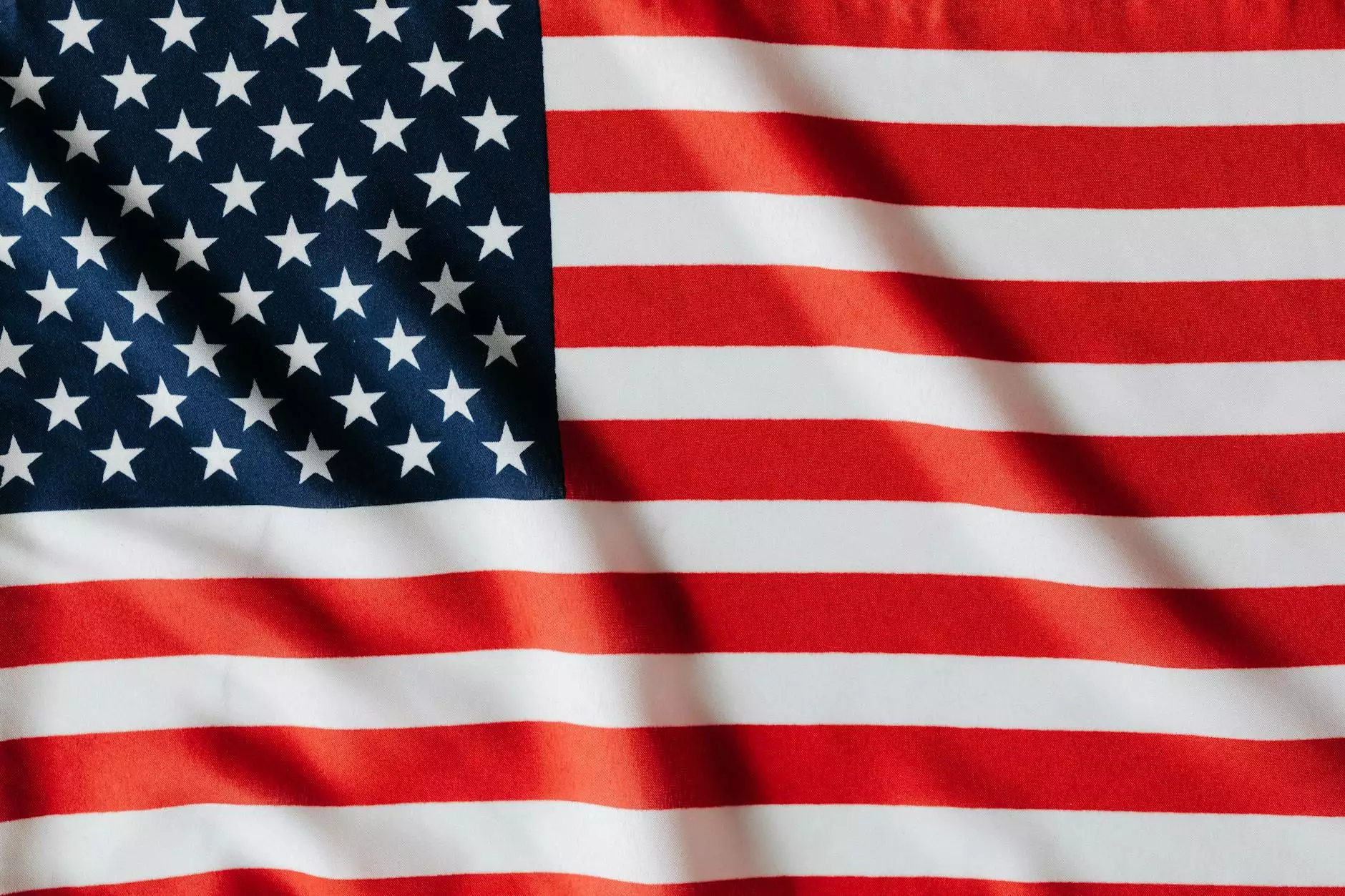TSCA 101 for Importers: Good Faith is No Defense to ...
Virginia Lawyer
The Importance of TSCA Compliance for Importers
As an importer, navigating the complex world of regulatory requirements is crucial for maintaining a successful business. Understanding and adhering to the Toxic Substances Control Act (TSCA) is especially vital, as non-compliance can lead to serious consequences, including costly fines and reputational damage. Richardson Law Firm PC specializes in providing expert legal counsel for importers, ensuring they remain compliant with TSCA regulations. This article delves into the key aspects of TSCA compliance and sheds light on why good faith is not a valid defense in faulty compliance certification cases.
What is TSCA and Why Does it Matter?
The Toxic Substances Control Act, enacted in 1976, grants the Environmental Protection Agency (EPA) the authority to regulate the manufacturing, processing, distribution, and use of thousands of chemicals utilized in various industries. Its primary goal is to protect public health and the environment from unreasonable risks associated with these chemicals. TSCA compliance is crucial for importers as it ensures the safe handling and importation of chemical substances into the United States.
TSCA Compliance for Importers
Importers must comply with TSCA regulations to legally import chemicals into the United States. This involves several key steps, including:
- Understanding TSCA regulatory requirements and classifications
- Performing due diligence on chemical substances
- Submitting necessary notifications and information to the EPA
- Maintaining records and documentation
- Adhering to comprehensive import certifications
Good Faith is Not a Valid Defense
It is important for importers to note that good faith is not a valid defense in cases of faulty compliance certifications under TSCA regulations. Even if an importer genuinely believed they were in compliance, if their certifications are found to be incorrect or faulty, they can still be held liable for non-compliance. The EPA places the responsibility on importers to ensure accurate and truthful reporting, regardless of intent.
The Consequences of Non-Compliance
Failing to comply with TSCA regulations can result in severe consequences for importers. These may include:
- Significant financial penalties
- Product recalls and delays
- Negative impact on business reputation
- Loss of market access
- Litigation and legal disputes
Why Choose Richardson Law Firm PC for TSCA Compliance
Being well-versed in TSCA regulations and experienced in representing importers, Richardson Law Firm PC is your trusted legal partner for ensuring TSCA compliance. Our team of skilled attorneys understands the intricacies of TSCA and provides tailored strategies to help importers navigate the regulatory landscape successfully. We offer comprehensive legal services, including:
- Legal counsel on TSCA compliance requirements
- Review and assessment of import certifications
- Guidance in recordkeeping and documentation
- Representation in disputes and litigation
- Strategic advice to minimize risks and ensure compliance
Contact Richardson Law Firm PC Today
If you are an importer seeking expert legal guidance on TSCA compliance, contact Richardson Law Firm PC today. Our dedicated team is committed to supporting importers in the Law and Government industry, ensuring their compliance with TSCA regulations and protecting their business interests. Trust Richardson Law Firm PC for comprehensive legal services tailored to your specific needs.









